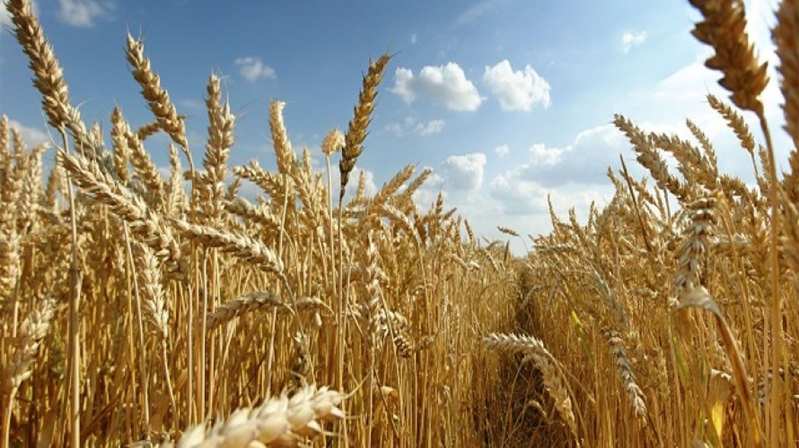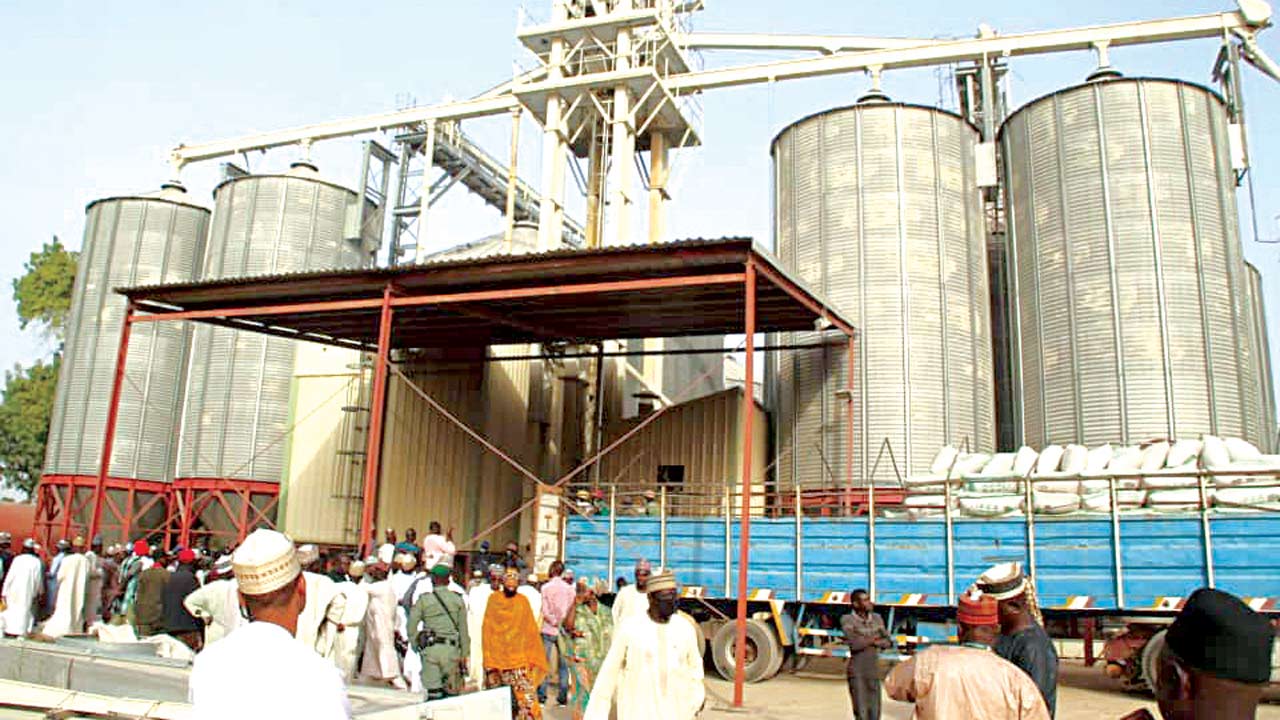The President of, the African Development Bank, (AfDB) Dr Akinwumi Adesina on Wednesday commended Nigeria’s National Wheat Self-Sufficiency Plan as he revealed the demand for wheat in Africa has surged to over 75 million metric tonnes.
Adesina, at the commencement of the ongoing West and Central Africa Wheat Summit 2024, in Abuja, said it was pivotal to address challenges limiting investment and opportunities in the wheat value chain.
The summit is themed ‘Prioritising Policy, Innovative Technologies and Investments in Wheat Transformation Towards Sustainable Food Security and Economy in West and Central Africa’.
Recall that the Former executive director of the Lake Chad Research Institute, Dr. Oluwasina Olabanji had said national wheat production stood at just 70,000 metric tons.
However, it surged through the Agricultural Transformation Agenda, to 450,000 metric tons in just three years, with productivity rising from 1.5 to 2.5 tons per hectare.
In his address, Adesina, represented by the Director General, of Nigeria Country Department, Dr Abdul Kamara, emphasised the need to leverage the wheat sector, which offers immense potential for sustainable food security and economic growth.
According to him, “The African Development Bank is pleased to observe that Nigeria has commenced its journey to attaining a National Wheat Self-Sufficiency.
“However, the use of technology, supported by the right policy environment and investment, has transformed agricultural productivity in many countries, ensuring food security for their populations.
“Through adoption of innovative technologies in mechanisation, farming techniques, irrigation systems and high-yield crop varieties and conservation agriculture, the Cerrado savannah of Brazil increased cotton production by 300 per cent; corn by 150 per cent and soybean by 75 per cent in the last two decades.
“This has contributed to Brazil becoming a major source of food export in the world today. Similarly, the adoption of technology, when supported by the right policies, can address problems faced by farmers in West and Central Africa, such as climate change, limited access to finance and post-harvest losses among others.
“Agriculture technology can thus help to advance food security in sustainable ways in the Region. Two decades ago, the total consumption of wheat in Africa was around 25 million metric tons. This has surged to over 75 million metric tons recently”.
He emphasised the need to transform the Nigeria wheat sector for sustainable food security and economic growth as “West and Central Africa imports over 80 per cent of its wheat”. This dependency, Adesina bemoaned, warning that it undermines food security and economic stability.
The Country Director of the Food and Agriculture Organisation (FAO) in Nigeria Dominique Kouacou, appealed to private sectors to seize the opportunity and invest in the sector.
“We need to encourage the private sector to join in and work at scale to achieve meaningful results,” he urged.
Also, the Regional Coordinator of the West and Central Africa Wheat Development Network Prof. Benjamin Ubi elaborated on wheat trade importance saying, “Wheat plays a crucial role in global food security and economic growth in Africa”.












